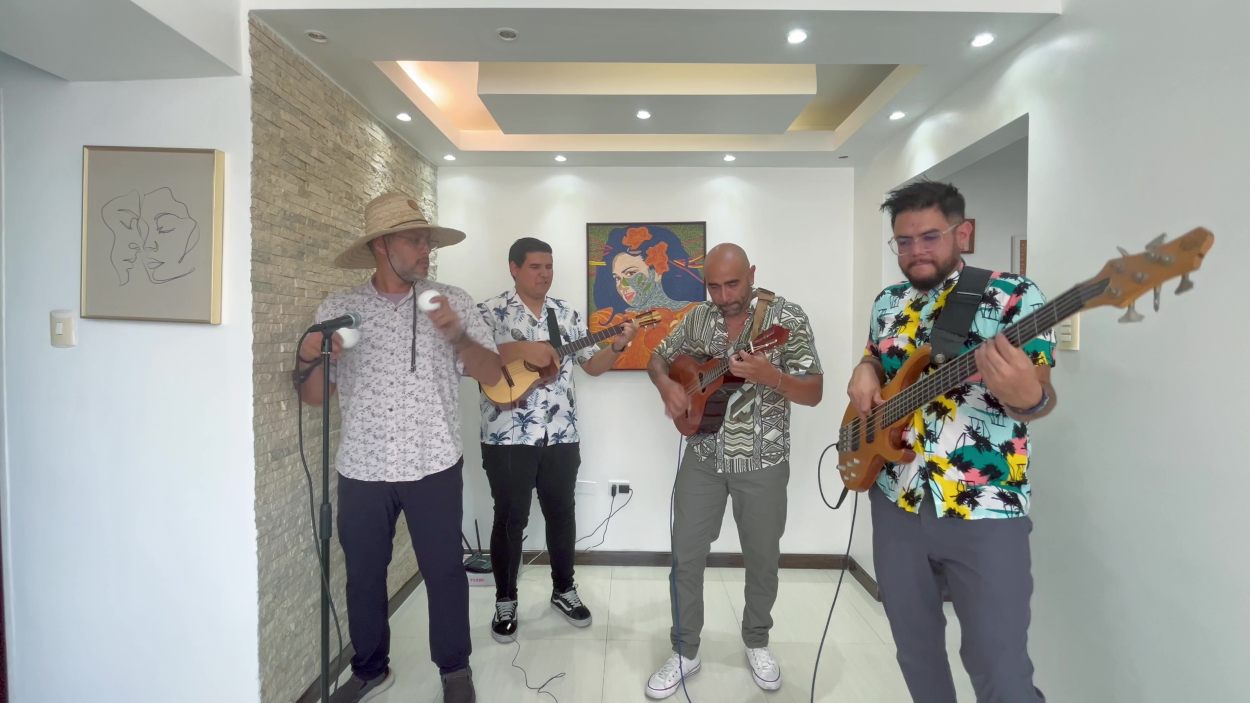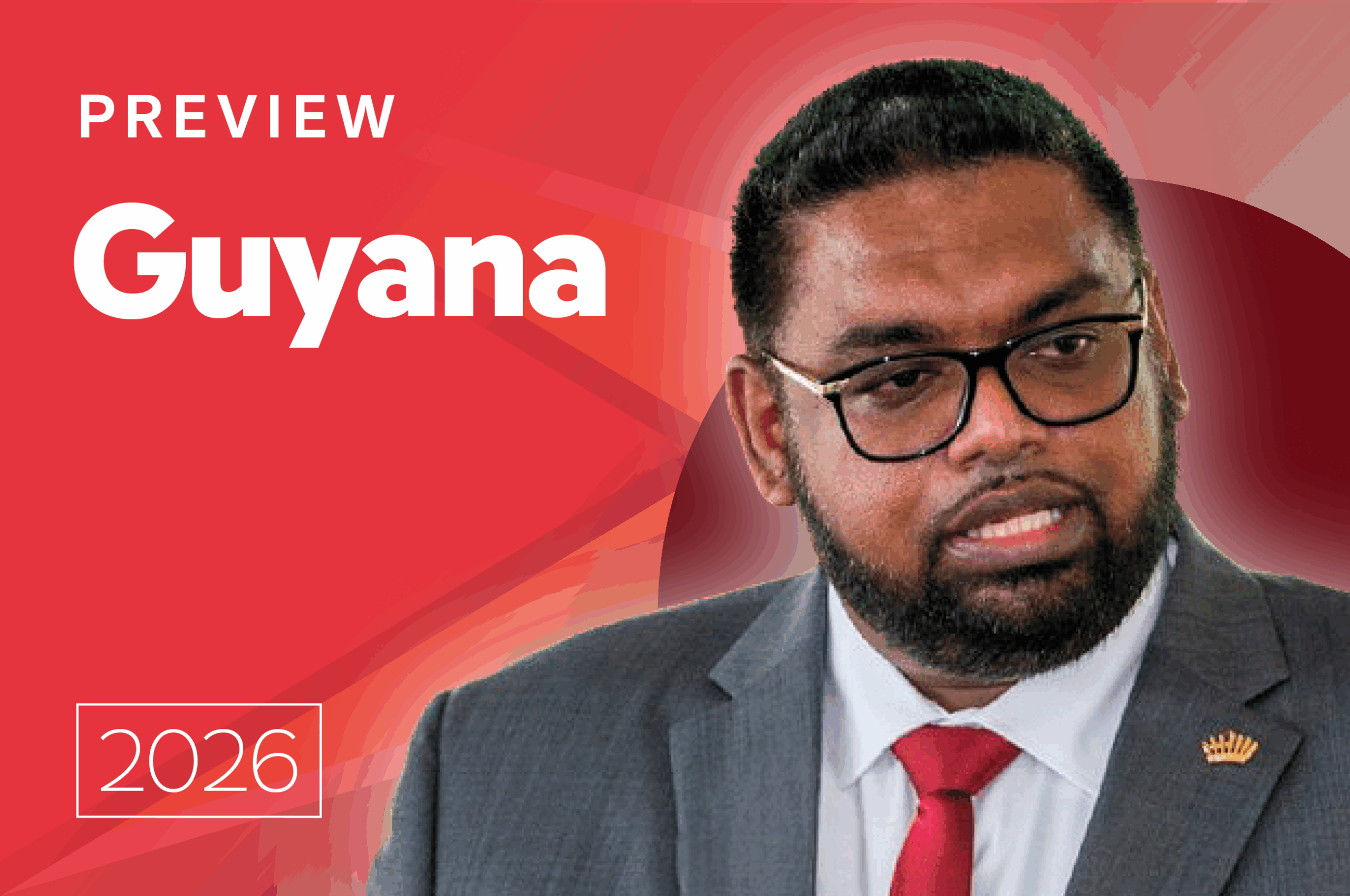Argentina: An Update from Esteban Bullrich and Francisco Cabrera
Argentina: An Update from Esteban Bullrich and Francisco Cabrera
COA hosted a panel focusing on the plans of Argentina's Propuesta Republicana party, which gained seats in the recent midterm election. Panelists outlined PRO’s agenda, which includes revitalizing Argentina’s economy and improving transparency.
Panel:
- Esteban Bullrich, Argentine Congressman
- Francisco Cabrera, Minister of Economic Development, City of Buenos Aires
- Eric Farnsworth, Vice President, Council of the Americas (Moderator)
Summary
Following the recent gains of center-right party Propuesta Republicana (PRO) in Argentina’s 2009 midterm elections, the panelists discussed PRO’s agenda, which includes revitalizing Argentina’s economy, improving transparency, and recovering the trust of the international community. Both speakers were optimistic about PRO’s prospects in the 2011 presidential election, and contended that with strategic planning and a strong team, Argentina will regain investor confidence and revive the economy.
Argentina’s New Political Landscape
The party of President Cristina Fernández de Kirchner, Partido Justicialista (PJ), did poorly in Argentina’s recent midterm elections and lost control of the Congress. Out of 257 seats in the lower house, PJ supporters now hold 115, down from 140. The Senate is an even 36-36 split between PJ and the opposition.
Esteban Bullrich, national deputy with the PRO party, commented that Argentina’s recent elections were an important historical event that “turned the tables for democracy” in the country. He said the results of the midterm elections will force the Fernández administration to make consensus-based decisions moving forward. Bullrich attributed the defeat of the PJ to two factors: the 2007 election of PRO’s leader Mauricio Macri as mayor of Buenos Aires and Fernández’s recent debilitating confrontation with farmers over plans to increase grain export taxes. Farmers responded with a series of strikes that ended in a fractured party and a legislative defeat for Fernández .
Bullrich and Francisco Cabrera, the minister of Economic Development for the City of Buenos Aires, agreed that under the leadership of Mauricio Macri, the city has seen vast improvements in accountability, human resources, and education. “When we started to work, we thought Buenos Aires should be a city open to the world, open to investment,” said Cabrera. “We focused on the strengths Buenos Aires has.” Some of the capital city’s attributes, he noted, include a vibrant culture; booming biotechnology, audiovisual, and tourism industries; and 39 universities.
According to the speakers, Buenos Aires under Macri’s direction has seen a significant increase in public spending—three times as much as governments in the recent past, said Cabrera. Much of this investment has gone toward education reform and public safety in the city, including mandatory English language programs for students, Internet access in all schools, more parks, and better lighting. Bullrich added that despite setbacks, PRO has also succeeded in professionalizing city management. “This is something that has been difficult in Argentina—governments don’t have a professional staff. We are putting together a plan for the city and for the national level. This is a big improvement for citizens, but also from the perspective of people abroad.”
Projections for 2011
With waning support, President Fernández has in recent weeks made some cabinet shuffles, including the July 6 replacement of Argentina’s economic minister. Bullrich regarded this as a positive change, but Cabrera disagreed, indicating that despite the new appointment, the current administration is unlikely to negotiate for much-needed capital to pay off Paris Club debt.
AS/COA’s Eric Farnsworth asked the speakers what a victory for the PRO in the 2011 elections could mean for Argentina’s bilateral relations with the United States. Bullrich said that foreign policy priorities would include trade, security, and intellectual property rights. He cautioned that Argentina would first need to solve its internal challenges before engaging internationally. Cabrera added that engagement with emerging economies, such as Brazil and China, would be essential for Argentina in the years ahead.
The Agenda
Amid the economic recession, Argentina’s growth plummeted from nearly 7 percent GDP growth in 2008 to an average of just 2 percent in the first quarter of 2009. Attracting foreign investment will be critical in reversing this precipitous decline. The speakers agreed that education reforms, strengthening and streamlining public institutions, and greater transparency are also essential.
In response to a question about possible reforms to the energy sector, Bullrich said that PRO favors the removal of price controls, greater use of clean energy, and dialogue within Mercosur on regional energy relations. Cabrera condemned the current administration’s approach to energy. “There is a policy—to destroy the markets,” he stated. “The energy matrix in the 1990s was built around natural gas. Now it seems that we have no investment in exploration. We need to diversify into nuclear and hydroelectricity. We have the resources…This government doesn’t have the credibility to attract investors.” Still, his forecast for reforms and institutional changes was bright: “We are building the team,” said Cabrera. “We are ready to tackle the challenge.”
Bullrich emphasized the importance of ongoing dialogue and idea-sharing to meeting the objectives of PRO’s ambitious agenda. “We want to make some profound cultural changes and make it clear that the country is changing for good,” he said. “From December 11, 2011, every member of the team will have to work toward this goal.”








